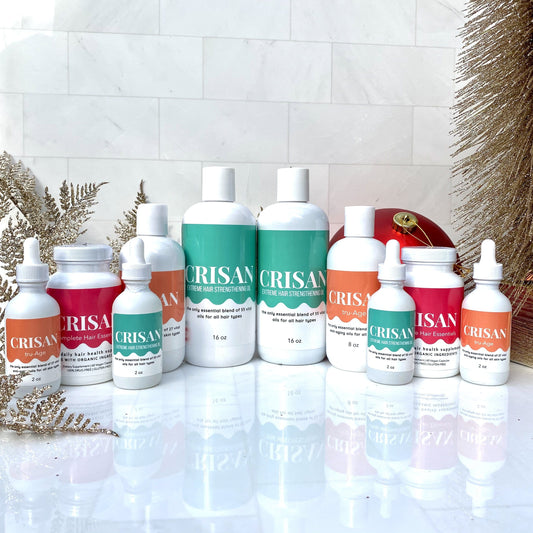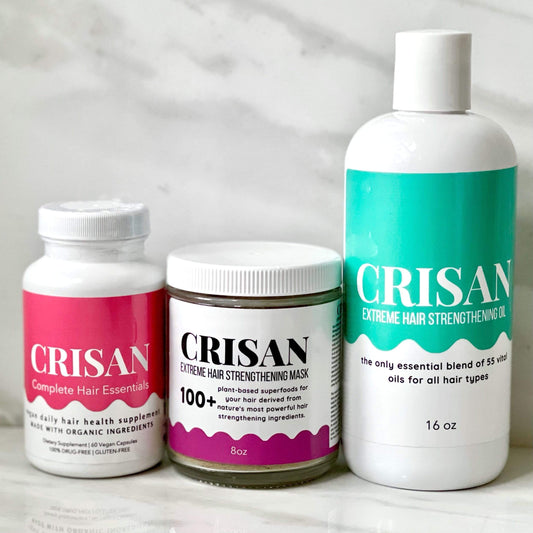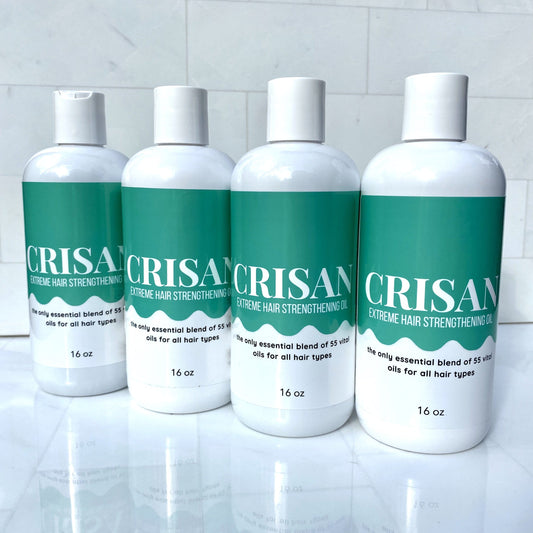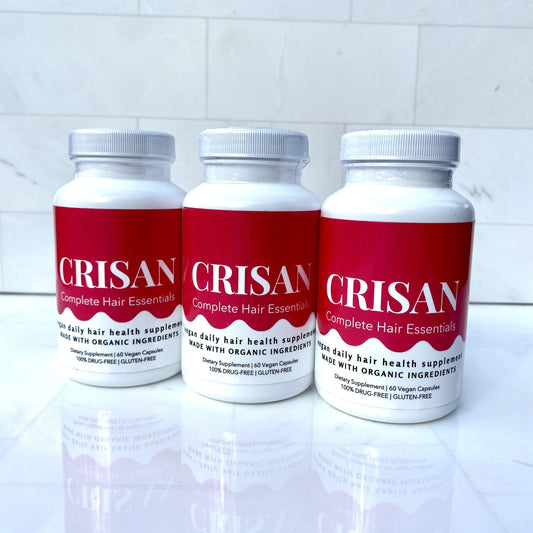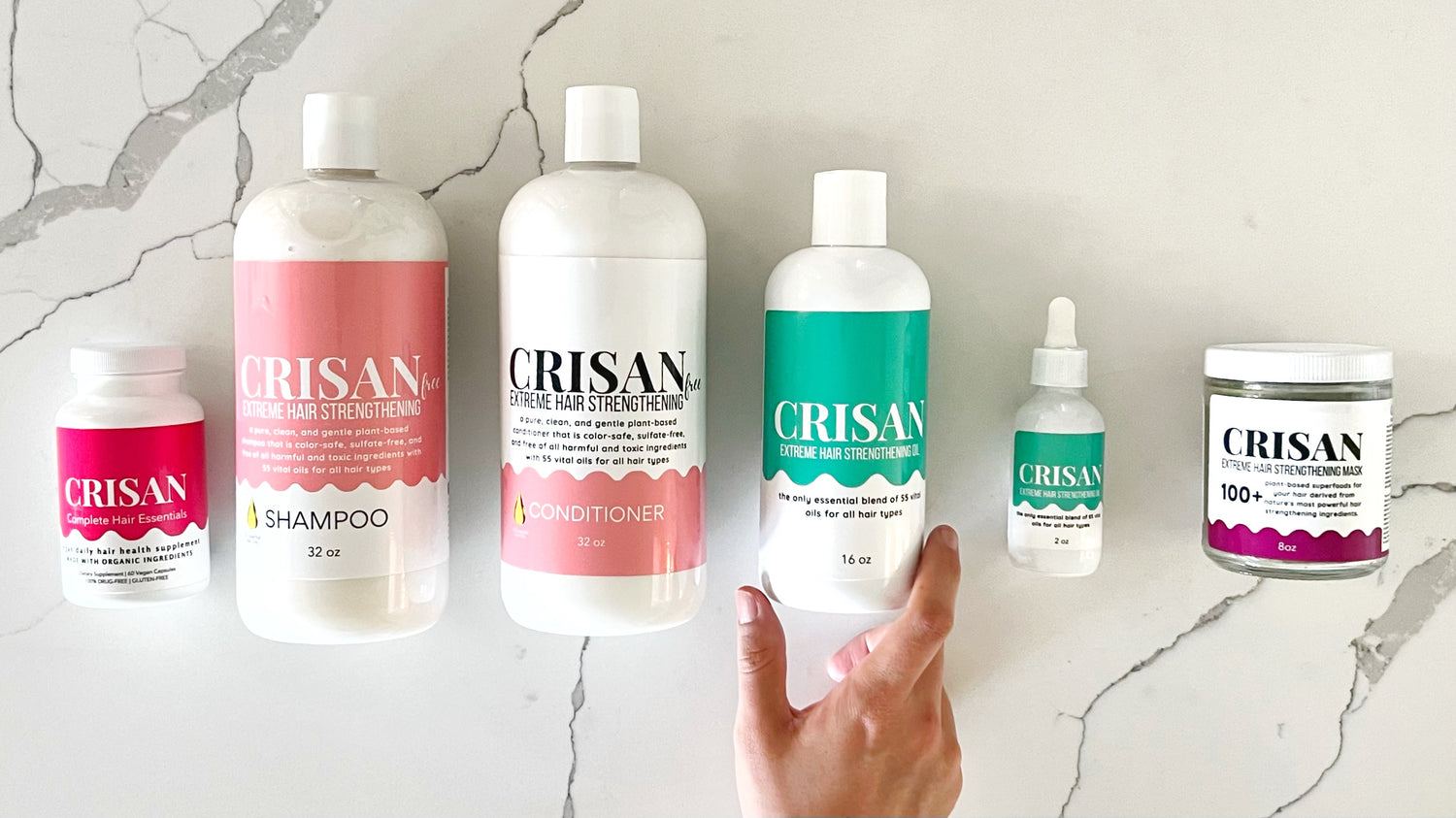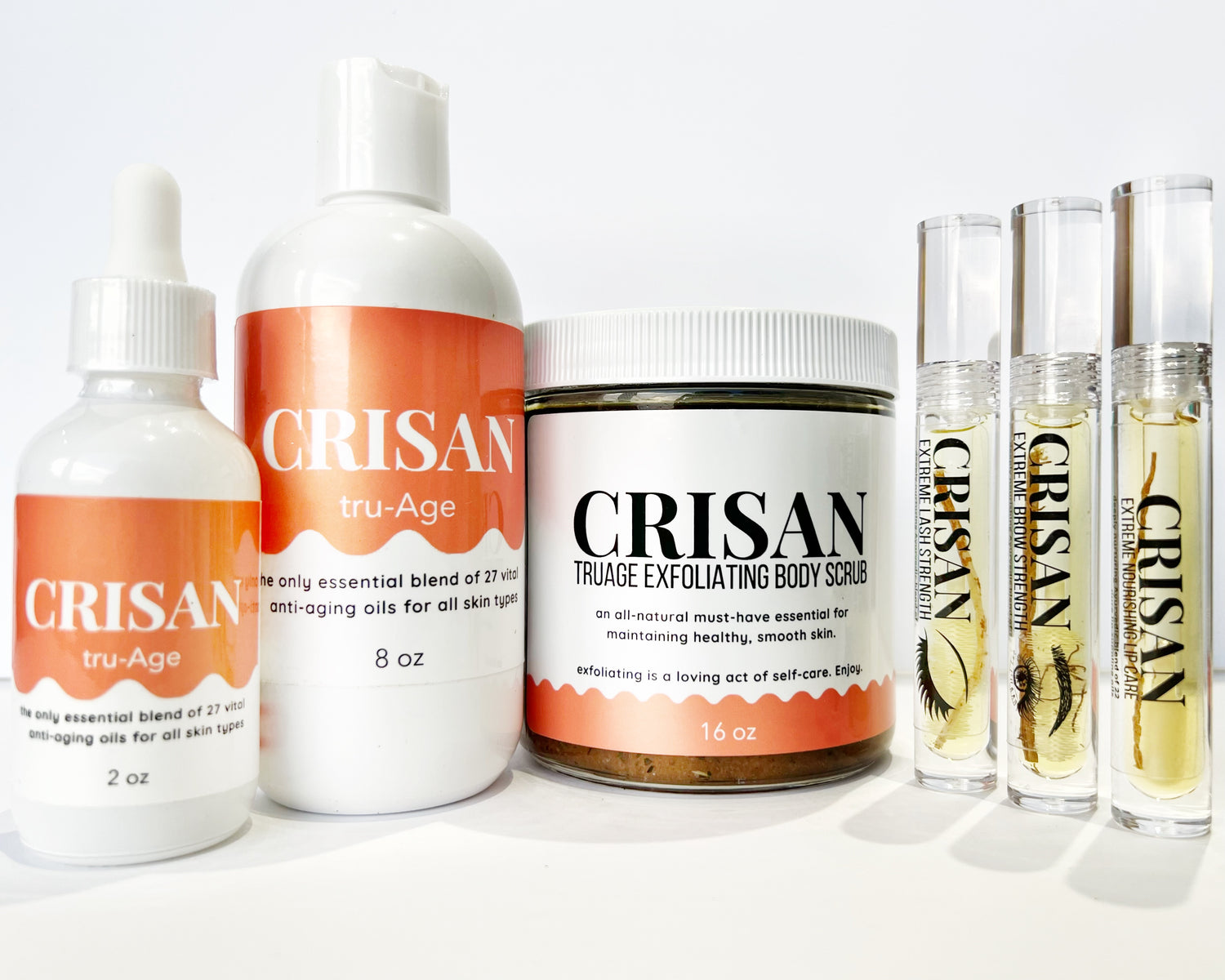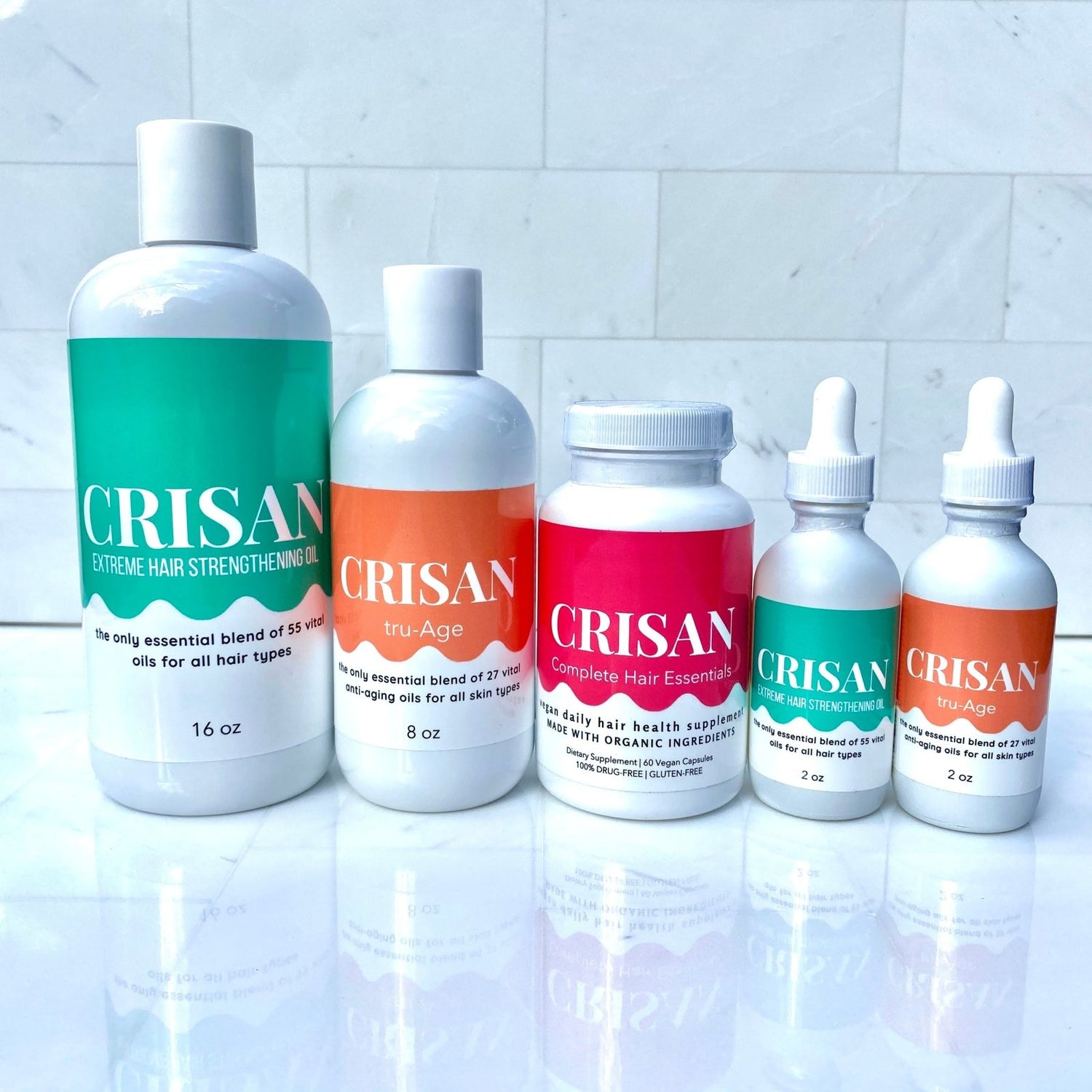Hair loss is a common issue affecting millions of people worldwide. While there are numerous treatments available, many individuals prefer natural remedies due to their minimal side effects and cost-effectiveness. In this article, we will explore the top homemade remedies for hair loss in 2024, highlighting their benefits and how they can help you achieve healthier, fuller hair.
Key Takeaways
- Aloe Vera is known for its soothing properties and can help reduce dandruff and unblock hair follicles.
- Coconut Oil is rich in fatty acids and vitamins that nourish the scalp and promote hair growth.
- Rosemary Oil has been shown to improve hair thickness and growth by stimulating blood circulation to the scalp.
- Onion Juice contains sulfur, which boosts collagen production and strengthens hair.
- Fish Oil is packed with omega-3 fatty acids that improve hair density and reduce hair loss.
1. Aloe Vera
Aloe vera may help treat hair loss. Some anecdotal evidence suggests that aloe vera may help by:
- soothing your scalp
- conditioning your hair
- reducing dandruff
- unblocking hair follicles
However, the authors of a 2022 review suggest that only limited animal studies exist. More research on humans is needed.
You can apply pure aloe vera gel to your scalp a few times per week. You can also use shampoo and conditioner that contain aloe vera.
Aloe vera can be applied with topical natural remedies, like pumpkin seed oil and vitamin E oil. If desired, use your hands to work small amounts into the scalp.
For those wondering how to naturally regrow hair with organic products, aloe vera is a gentle and promising option.
2. Coconut Oil
Coconut oil contains fatty acids, called lauric acid, that penetrate inside the hair shaft and reduce protein loss from hair. A 2021 study also found that coconut oil applied to the scalp may enrich the scalp’s microbiome, making the scalp and hair follicles healthier.
Benefits of Coconut Oil for Hair
Coconut oil has been shown in research to potentially help prevent hair loss. While it is more a preventive option than a remedy for regrowing hair, it is a low-risk option that many people love. Coconut oil coats the hair shaft to increase its strength, decrease brittleness, and reduce hair breakage during styling.
How to Use Coconut Oil
Coconut oil can be used before or after you wash your hair, depending on your hair type. If your hair tends to be oily, you can do a leave-in treatment overnight or for a few hours before you wash it. This natural remedy is full of vitamin E, fatty acids, and antioxidants, making it an excellent choice for promoting hair growth and rehydrating your scalp.
Tips for Choosing Coconut Oil Products
When selecting coconut oil products, look for organic and unrefined options to ensure you are getting the highest quality. These products are less likely to contain additives that could potentially harm your hair or scalp.
Coconut oil is a natural oil used to keep hair healthy and moisturized. It has several health benefits including preventing dry scalp and reducing breakage.
3. Rosemary Oil
Rosemary oil is one of the top homemade hair growth recipes for healthier, thicker hair. Extracted from the rosemary plant, this essential oil can be directly applied to and massaged into the scalp. At least one study has found that rosemary oil is similarly effective as the over-the-counter hair-growth medication minoxidil, commonly sold under the brand name Rogaine, in promoting hair growth.
How to Use Rosemary Oil
To use rosemary oil as a topical treatment, apply 4-5 drops onto your scalp and massage it into your hair. Let the oil soak in for about 10 minutes before rinsing it out. Alternatively, you can mix a few drops of rosemary oil into any mild shampoo to help promote new hair growth.
Benefits of Rosemary Oil
- Stimulates new hair growth
- Prevents hair loss
- Increases blood flow to the scalp
Tips for Best Results
- Mix rosemary oil with a carrier oil, like argan oil or jojoba oil, and massage it into your hair and scalp before rinsing.
- Use this treatment a few times per week for optimal results.
Pro tip: Vigorously massaging rosemary oil into the scalp can increase absorption and blood flow, enhancing its effectiveness.
For those wondering how to use organic essential oils for hair thinning, rosemary oil is a fantastic option. Additionally, if you're curious about how to use organic herbs for hair thinning, rosemary stands out as a powerful and natural remedy.
4. Onion Juice
Onion juice has been shown in studies to promote hair growth in people. It's said to work because of its sulfur content, which helps strengthen hair, reduce inflammation, and hydrate the scalp. Onion juice can be rubbed directly into the scalp on its own.
How to Make Organic Hair Masks for Hair Thinning
To use onion juice, blend a few onions and squeeze out the juice. Apply the juice to your scalp and hair, and leave it in for at least 15 minutes. Then, follow up with shampoo. This might be a bit of a smelly one though! If you’re thinking of trialing onion juice, definitely do it before bed, use an old (or cheap) pillowcase you won’t mind getting ruined, and be sure to have a shower in the morning before you go to work.
How to Make Homemade Organic Hair Growth Serum
Onion juice is also thought to improve circulation. A 2015 study with animals showed improved keratinocyte growth factor, an important mediator of hair follicle development and growth. Simply rub the onion juice into your scalp and let it do its magic!
If you can handle the smell of onion juice, you may find that the benefits are worth it.
5. Fish Oil
Fish oil supplements are filled with nutrients, such as proteins and omega fatty acids. A 2015 study found that taking an omega supplement, along with antioxidants, helped improve hair density, diameter, and hair loss. These ingredients may help regenerate new cells and strengthen existing cells.
6. Ginseng
Ginseng, particularly red ginseng, is a widely-used herbal remedy that has shown promise in improving hair growth. Ginsenosides, the active components of ginseng, are believed to stimulate hair follicles and promote hair growth. This makes ginseng one of the top natural hair loss treatments for 2024.
How to Use Ginseng
To use ginseng for hair growth, you can take it in supplement form or apply it topically. When using it topically, it's important to dilute red ginseng with another oil or use it sparingly in droplet form on the scalp.
Benefits of Ginseng
- Stimulates hair follicles
- Promotes hair growth
- May improve hair thickness
Precautions
Before trying ginseng supplements, consult a healthcare professional to ensure it's safe for you. This is especially important if you are considering other treatments like fish oil and ginseng benefits for hair growth.
Ginseng is generally considered low risk, but it's always best to consult with a healthcare provider before starting any new treatment.
7. Geranium Oil
Geranium, or Pelargonium graveolens, is a fragrant plant native to South Africa. Geranium oil is the concentrated oil extracted from its leaves. A 2017 animal study found that geranium oil promoted hair growth and boosted circulation in mice.
How to Use Geranium Oil for Hair Loss
Mix three drops of geranium essential oil with eight drops of carrier oil. Apply it directly to your hair. You can also add a few drops to your shampoo and conditioner.
Benefits of Geranium Oil
- Promotes hair growth
- Boosts circulation
- Can be combined with other oils like rosemary for enhanced effects
Egyptian geranium oil for hair may promote the appearance of fuller-looking hair over time. Combine with rosemary oil to make an essential oil set with geranium.
Precautions
- Avoid using essential oils directly on the skin
- Always mix them in a carrier oil or shampoo
8. Lemon
Lemon is a versatile remedy for hair loss, known for its ability to maintain a healthy scalp and promote hair growth. Apply fresh lemon juice to your scalp and hair 15 minutes before you shampoo. Alternatively, you can use lemon essential oil diluted in a carrier oil as part of a hair mask.
Benefits of Lemon for Hair
Lemon oil may help maintain a healthy scalp and encourage hair growth. A 2016 animal study found that lemon oil could be beneficial for scalp health. Similarly, a 2021 review suggests that sinapic acid, a bioactive chemical in lemons, may help promote hair growth.
How to Use Lemon for Hair Loss
- Apply fresh lemon juice directly to your scalp and hair.
- Leave it on for 15 minutes before shampooing.
- Use lemon essential oil diluted in a carrier oil for a hair mask.
When to Consult a Doctor
Speak with a healthcare professional if you’re losing more hair than average, especially if hair loss combines with other symptoms, such as:
- Fatigue
- Anxiety
- Itching
- Mood changes
Understanding your hair type is crucial when choosing the right oils and treatments for your hair.
9. Castor Oil
Benefits of Castor Oil
Castor oil is rich in fatty acids that moisturize the scalp and increase blood circulation when massaged. This can help with reviving hair on brows and lashes. Castor oil can promote longer, thicker, and healthier hair by sealing split ends and helping to retain length.
How to Use Castor Oil
Castor oil is thick, so you can try mixing it with a carrier oil (jojoba, coconut, grapeseed, etc.) in a bowl to dilute it. Section your hair and massage the oil mixture onto your scalp with gentle pressure to stimulate blood flow. Leave the oil on your scalp for up to an hour, then shampoo it out using a sulfate-free shampoo. If your hair still feels greasy, shampoo it again and condition it as you normally would.
Recommended Products
- Best Overall: Sky Organics Castor Oil, $14
- Best for New Growth: Mielle Rosemary Mint Light Scalp & Hair Oil, $11
- Best for Dry Hair: Kiehl’s Magic Elixir Scalp and Hair Oil Treatment, $19
Castor oil is stocked with fatty acids that moisturize the scalp and increase blood circulation when massaged and may help with reviving hair on brows and lashes, says Leah Kay, lead stylist at Hair Lounge NYC.
10. Peppermint Oil
Peppermint oil has been shown to stimulate hair growth in animal studies by working to increase blood flow to the scalp. Peppermint oil vasodilates, meaning it takes the blood vessels and makes them larger, which increases blood flow. This increased blood flow can help nourish hair follicles and promote growth.
How to Use Peppermint Oil
Peppermint oil needs to be diluted with another oil, such as coconut or jojoba oil, before application. After diluting, it can be applied and massaged directly into the scalp. This method helps to increase absorption and blood flow.
Precautions
Pro tip: Wash your hands thoroughly after using peppermint oil to avoid skin irritation. Additionally, always perform a patch test before using peppermint oil to ensure you do not have an allergic reaction.
While peppermint oil shows promise, a 2024 literature review did not find sufficient scientific evidence for the use of peppermint oil in the treatment of androgenetic alopecia. However, its potential benefits in increasing blood flow and stimulating hair growth make it a popular choice among natural remedies.
Peppermint oil is a versatile essential oil known for its refreshing scent and numerous health benefits. Whether you're looking to soothe headaches, improve digestion, or invigorate your senses, peppermint oil is a must-have in your wellness arsenal. Discover the full range of our premium peppermint oil products and elevate your self-care routine today.
Conclusion
Hair loss can be a distressing experience, but it's important to remember that you are not alone. The natural remedies discussed in this article offer gentle and effective ways to support hair health and potentially reduce hair loss. From nourishing oils to revitalizing masks, these treatments can be a valuable part of your hair care routine. Always approach your hair care with patience and kindness, and consult with a healthcare professional if you have any concerns. Embracing these natural solutions can help you feel more confident and hopeful on your journey to healthier hair.
Frequently Asked Questions
How often should I use aloe vera for hair loss?
For best results, apply aloe vera gel to your scalp and hair 2-3 times a week. Leave it on for about 30 minutes before washing it off.
Can coconut oil help with hair loss?
Yes, coconut oil is rich in fatty acids and vitamins that nourish the scalp and promote hair growth. Use it as a pre-wash treatment or leave it overnight for deep conditioning.
Is rosemary oil effective for hair regrowth?
Rosemary oil has been shown to stimulate hair growth by improving blood circulation to the scalp. Mix a few drops with a carrier oil and massage it into your scalp several times a week.
How does onion juice help with hair loss?
Onion juice contains sulfur, which is believed to boost collagen production and strengthen hair. Apply fresh onion juice to your scalp, leave it on for 15-30 minutes, and then wash it off.
What are the benefits of using fish oil for hair?
Fish oil is rich in omega-3 fatty acids, which can improve hair density and reduce hair loss. Taking fish oil supplements or consuming fatty fish can help nourish your hair from within.
Can lemon juice prevent hair loss?
Lemon juice can help maintain a healthy scalp by balancing the pH level and reducing dandruff. However, it should be used in moderation as it can be drying. Mix it with a carrier oil or water before applying.


